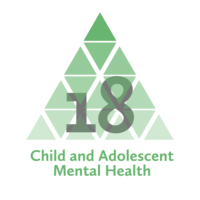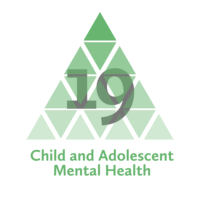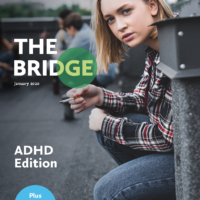Search results
-

Can boosting physical activity improve ADHD symptoms in preschoolers?
“Our study findings highlight the possibility that MVPA might be a tool that can be used to reduce preschoolers’ ADHD behaviours and associated impairments, especially for young children at risk for ADHD” Betsy Hoza.
Read more -

Trajectories of healthcare utilization and costs of psychiatric and somatic multimorbidity in adults with childhood ADHD – Ebba Du Rietz video abstract
Dr Ebba Du Rietz gives a video abstract of her paper ‘Trajectories of healthcare utilization and costs of psychiatric and somatic multimorbidity in adults with childhood ADHD: a prospective register‐based study’
Read more -

Most cited CAMH paper #18 of 25: The Diagnostic Utility of Executive Function Assessments in the Identification of ADHD in Children
Joni Holmes, Susan E. Gathercole, Maurice Place, Tracy P. Alloway, Julian G. Elliott, Kerry A. Hilton.
Read more
Key Practitioner Message includes; Guidance from clinicians about the difficulties in executive functioning experienced by children with ADHD may prove helpful to teachers and parents. -

Most cited CAMH paper #19 of 25: Young People’s Experience of ADHD and Stimulant Medication: A Qualitative Study for the NICE Guideline
Ilina Singh, Tim Kendall, Clare Taylor, Alex Mears, Chris Hollis, Martin Batty, Sinead Keenan.
Read more
Key Practitioner Message includes; Close friendships are important to young people with ADHD and are sometimes used to protect them from bullying and in other difficult situations. -

January 2020 issue – The Bridge ADHD edition
Special edition of The Bridge on ADHD, includes guidelines on service transition for young people, substance use, emotional impulsivity, emotion dysregulation, diagnosis and misdiagnosis.
Read more -

Attention Deficit Hyperactivity Disorder (ADHD) in Children and Young People
ADHD is a behavioural disorder with three key aspects, inattention, hyperactivity, and impulsivity. It is very common for ADHD in children to present together with other developmental and/or mental health problems, such as oppositional and attachment disorders, Tourette’s syndrome, autism spectrum disorders and anxiety disorders.
Read more -

Age-related immaturity in the classroom can lead to ADHD misdiagnosis
Researchers from Australia, France, the USA and the UK have come together to compile a 2019 Annual Research Review for the Journal of Child Psychology and Psychiatry on the correlation between a late birth-date (relative to the school year) and risk of attention-deficit/hyperactivity disorder (ADHD).
Read more -

Should emotion dysregulation be considered a core component of ADHD?
New data from researchers in the USA suggest that emotion dysregulation should be included as a core component of attention-deficit/hyperactivity disorder (ADHD) rather than viewed as comorbidity.
Read more -

New developmentally appropriate diagnostic criteria need to be established to identify ADHD early in preschoolers
Attention-deficit/hyperactivity disorder (ADHD) typically emerges during preschool years and in a subset of children, can persist into adolescence. Early identification might help promote a favourable ADHD trajectory, but the current predictors of ADHD persistence are insufficient.
Read more -

Emotional impulsivity and deficient emotional self-regulation might be core symptoms of ADHD
A large proportion of children with attention-deficit/hyperactivity disorder (ADHD) exhibit notable emotion-related problems (or “emotional symptoms”). These emotional symptoms seem to associate with poor quality of life, impaired social adjustment and reduced marital status.
Read more